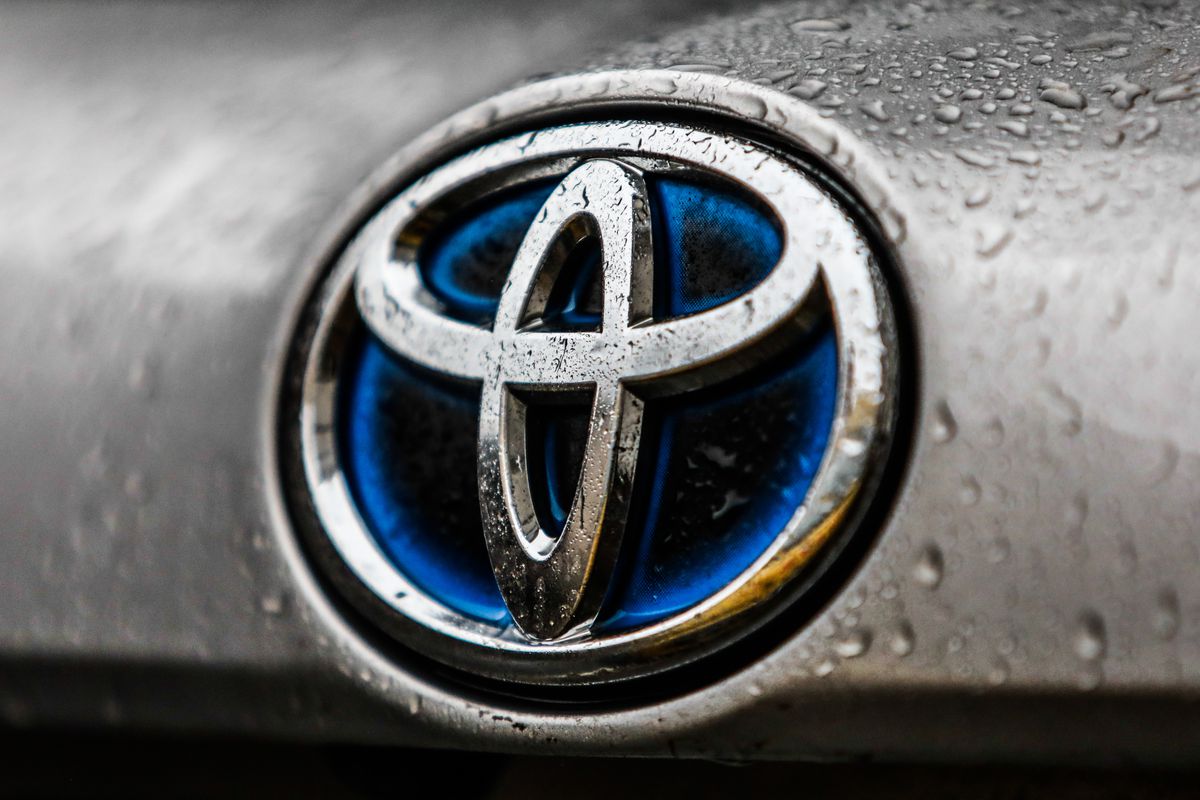
The Japanese carmaker said it aims to launch next-generation batteries from 2026.
Toyota Motor said it will introduce high-performance, solid-state batteries, and other technologies to improve the range and performance and to cut costs of its electric vehicles.
The Japanese carmaker said it aims to launch next-generation batteries in 2026, seeking to win over consumers with vehicles that offer longer driving ranges and quicker charging times.
It also said it was developing a method to mass-produce solid-state batteries, which it aims to commercialise in 2027-2028.
The announcement, which came a day before Toyota's annual shareholders meeting where strategy and governance will be under scrutiny, amounted to the fullest disclosure yet of the automaker's strategy to compete in the fast-growing market for EVs where it has lagged rivals.
The automaker said it would produce an EV with a more efficient lithium-ion battery which would have a range of 1,000 km (621 miles). By comparison, the long-range version of the Tesla Model Y, the world's best-selling EV, can drive for about 530 km based on US testing standards.
Toyota did not detail the expected costs or place of manufacture of its new long-range EV, nor did it state where it would make the next-generation solid-state batteries it has said were moving toward development or disclose the required investment.

"What we want to achieve is to change the future with BEVs," Takero Kato, president of the new Toyota EV unit BEV Factory, said in a video posted on the automaker's YouTube channel.
"We will launch the next-generation battery EVs globally and as a full lineup on the market from 2026," Kato said.
Toyota also detailed other technologies that it plans to deploy to reduce costs for its EVs and batteries.
The automaker pledged to use a "self-propelling" assembly line and Giga casting to cut production costs, adopting a production innovation pioneered by US EV leader Tesla.
In April, the automaker sold 8,584 EVs worldwide, including under its Lexus brand, accounting for more than 1 percent of its global sales in a single month for the first time.
BEV Factory, established in May, aims to produce about 1.7 million vehicles by 2030, Kato said - about half of the 3.5 million EVs Toyota aims to sell annually by that year.
Sources: Thomson Reuters; gadgets360
